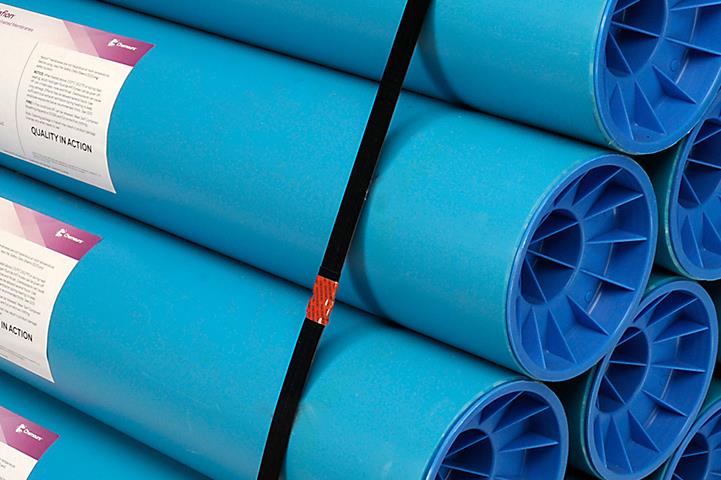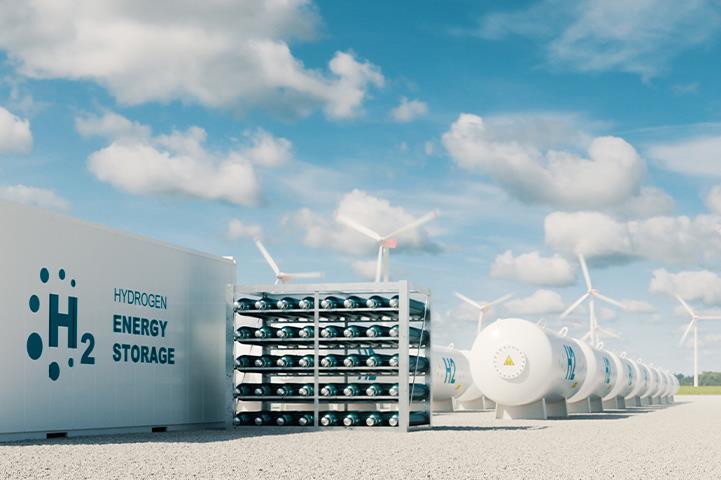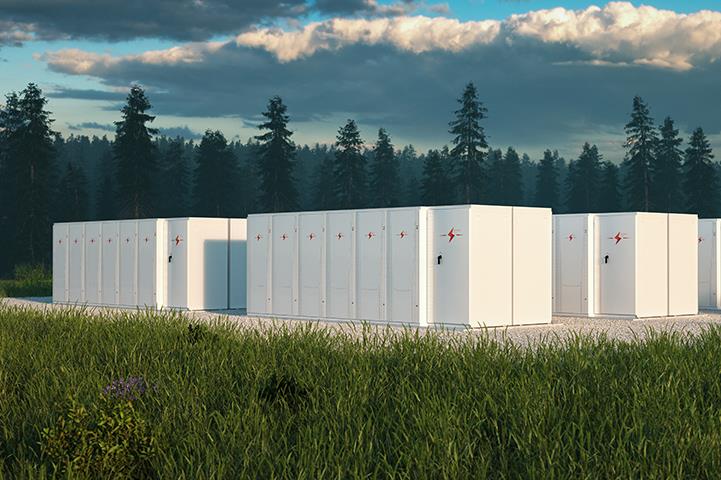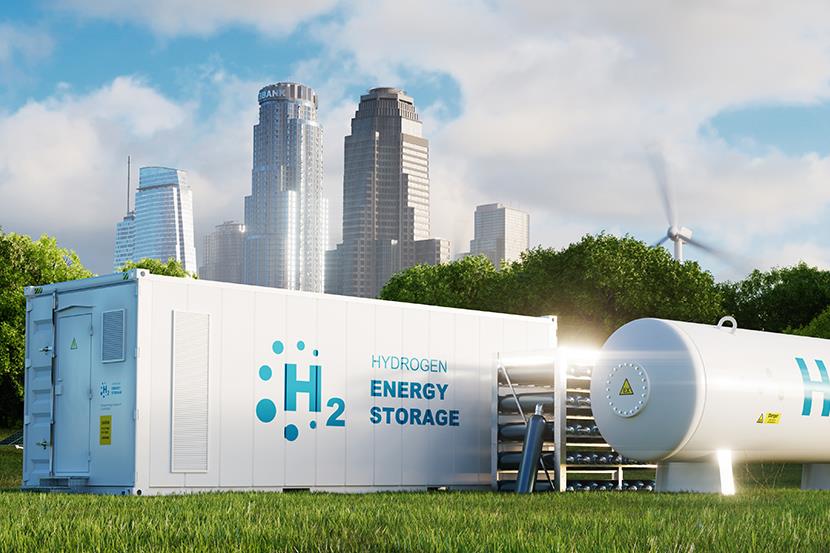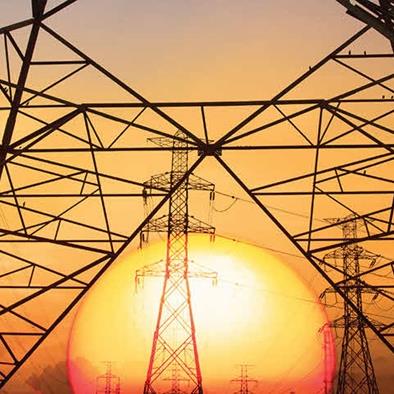Fuel Cells Power a Safer and Cleaner World
Fuel cells are electrochemical cells that convert chemical energy from a fuel—typically hydrogen and oxygen—into electricity through an electrochemical reaction. They complement many green energy efforts and are key enablers for providing clean energy at any scale.
International regulations mandating significant reductions in global warming emissions make the adoption of fuel cells ever-more critical. The global fuel cell market is expected to grow at a compound annual growth rate (CAGR) of 20.9% through 2025[1] across a broad range of use cases, including:
- Power sources in light electric, hybrid, heavy transport, and material handling vehicles
- Back-up power for buildings
- Off-grid power for applications like telecom stations
- Mega-watt sized back-up or off-grid power systems for industrial plants or municipalities
The common characteristic in all use cases is the need for an ion exchange membrane that offers durability and performance. Nafion™ proton exchange membranes (PEM) meet this need.
[1] https://www.businesswire.com/news/home/20181204005535/en/Global-Fuel-Cell-Market-Size-Share-Trends
The adoption of hydrogen-powered PEM fuel cells has already begun, but the opportunities abound. This is due in part to the operational efficiencies and sustainable qualities of PEMs, which make them viable alternatives to traditional power sources in transportation industries.
Advantages of Fuel Cells
More industries are adopting fuel cells because they can use different fuel sources and have operational advantages over conventional power sources, such as batteries and combustion engines. These advantages include:
- Range and Ease of Refueling – unlike batteries, fuel cells don’t need separate charging steps, and fuel cell vehicles can refuel almost as quickly as traditional gas engines.
- Efficiency – A fuel cell only needs extra fuel to double its capacity, so for applications where payload is important (such as long-haul trucking), fuel cells are more efficient in terms of payload weight per mile traveled. Furthermore, fuel cells convert the chemical energy of fuel directly into useful electrical energy, so they operate two to three times more efficiently than diesel and gas internal combustion engines.
- Sustainability – Because fuel cells running on hydrogen emit only water and heat, the air around their environment is clean and safe to breathe.
- Versatility – Fuel cells can be modified to suit the desired application. This includes adjusting the amount of power they deliver, depending on whether they’re supporting single vehicles, bus fleets, or utility grids powering entire neighborhoods. Stationary fuel cell systems can even help balance the energy grid by providing supplementary power when intermittent power sources—like renewables—can’t match energy demand.
Improve Conductivity and Increase Durability with Proton Exchange Membranes
There are a variety of fuel cell technologies available, including alkaline fuel cells, molten carbonate fuel cells, proton exchange membrane fuel cells, such as the Nafion™ brand, and more. Among them, proton exchange membranes (PEMs), like Nafion™, have become the primary choice for transportation and material handling applications. Why? Maximum performance with minimal by space product.
The most common type of PEM fuel cell operates on pure hydrogen gas. Other than hydrogen, the fuel cell only needs oxygen (from the air) and water to work. It’s simply two chemical reactions separated by an electrolyte membrane. The result is usable electricity, water, and heat.
Nafion™ membranes can build fuel cells that run efficiently for years. Engineers and designers specify Nafion™ PEMs for their fuel cells because of their:
- Thickness
- Conductivity
- Strength
- Resistance to water uptake
- Chemical durability
These properties can be leveraged to meet the requirements of new designs and operating conditions. Specifically, fuel cells that use Nafion™ PEMs:
- Work well with intermittent renewable energy from solar or wind
- Operate at relatively low temperatures
- Tailor electrical output to meet dynamic power requirements
As a result, fuel cells using PEMs are viewed as the leading technology for light-duty vehicles and many stationary applications.
For Nafion™ materials, Chemours has a fully integrated supply chain and strong access to high-quality, upstream raw materials. As such, you can count on Chemours to meet growing long-term demands without limiting or interrupting supply.
